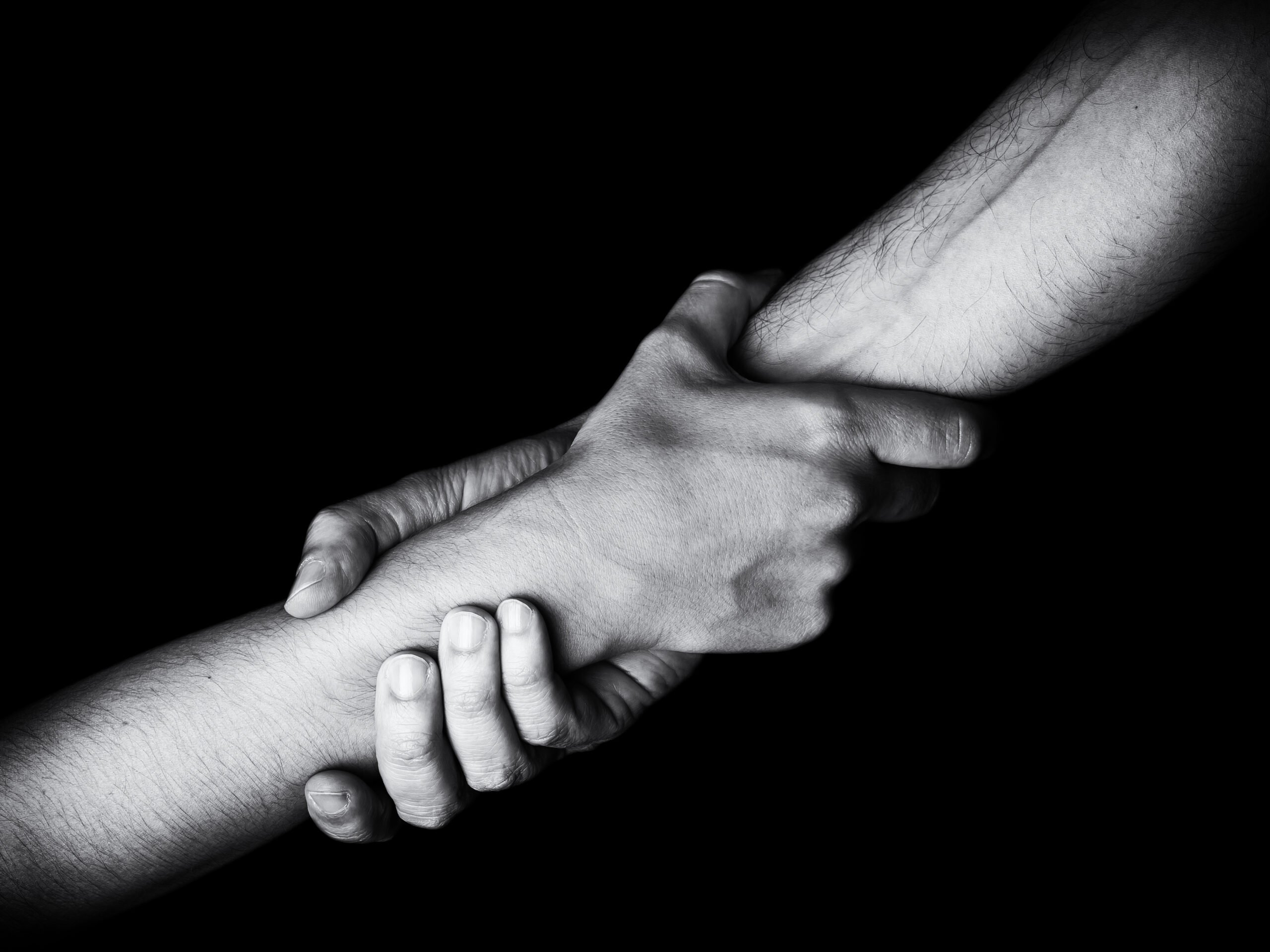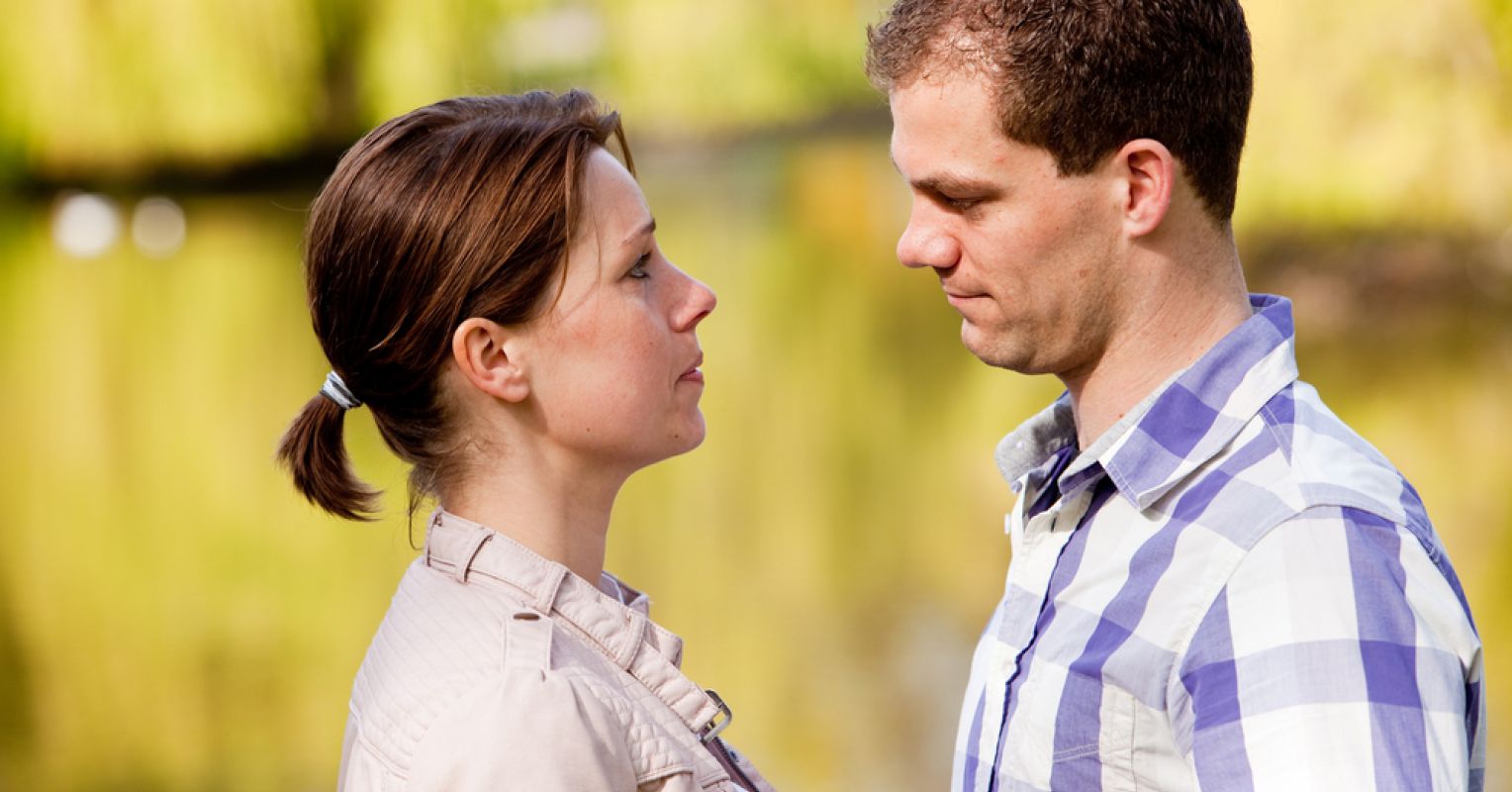Get a deeper dive on this topic in this podcast episode.
Many of us have the natural inclination to help others when we see them struggling. However, when it becomes a pattern in our relationships, it can be detrimental to both parties involved. In this article, we will delve deeper into the topic and explore the reasons why people feel compelled to save others and the steps they can take to break this pattern.
Understanding the Impulse to Save Others:
The desire to save others can stem from many different sources, including a need to feel needed, a desire for control, or even a fear of abandonment. While the intention may be good, the behavior can often have negative consequences in relationships. When we consistently try to save our partners, friends, or family members from their problems, we rob them of the opportunity to learn and grow from their experiences. This can lead to a cycle of dependence that ultimately erodes the relationship and leaves both parties feeling unfulfilled.
The Impact of Saving Others on Your Relationship:
When one partner consistently takes on the role of the rescuer, it can create an unhealthy dynamic in the relationship. The rescued partner may come to rely on their partner to solve their problems, which can cause feelings of resentment and frustration for the rescuer. Over time, the rescuer may start to feel overwhelmed and burnt out from always trying to save their partner, leading to emotional distancing and a breakdown in communication.
How to Stop Saving Others and Start Saving Yourself:
Breaking the pattern of always trying to save others requires a shift in mindset and behavior. The first step is to recognize the negative impact that this pattern is having on your relationship and acknowledge that it is not sustainable in the long term. Next, it’s important to establish healthy boundaries and communicate them clearly with your partner. This means setting limits on how much you can do to help them and encouraging them to take responsibility for their own lives.
Another important step is to focus on your own needs and priorities. This may mean taking time for yourself to engage in activities that bring you joy and fulfillment or pursuing your own goals and aspirations. When you prioritize your own well-being, you’ll be better equipped to show up as a supportive partner in your relationship.
Finally, it’s important to recognize that saving others is often a way to avoid facing our own fears and insecurities. By learning to face and overcome these fears, we can become more self-sufficient and less reliant on others for validation and approval.
Conclusion:
While the impulse to save others may come from a place of love and compassion, it can ultimately be detrimental to our relationships and our own well-being. By learning to focus on saving ourselves and breaking the pattern of always trying to save others, we can create healthier and more fulfilling relationships. By setting healthy boundaries, prioritizing our own needs, and facing our fears head-on, we can become the best version of ourselves and show up as a supportive partner in our relationships.



